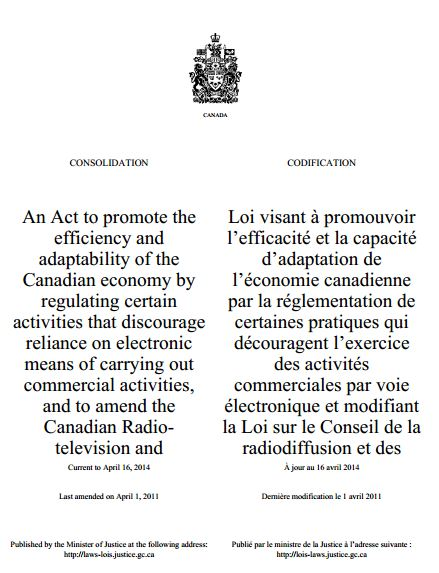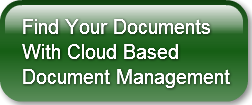Non compliance could cost individuals up to $1,000,000 and organizations up to $10,000,000. Of course most business people do not want to be spamming others. Under the CASL, Canadian AntiSpam Legislation the rules are set out for how you can use email and SMS to promote your activities to third parties. 
So what do you need to know to make sure that your email and SMS meets the demands of the legislation and also the expectations of those receiving your communication?
One way is to consult the Government of Canada AntiSpam website. It covers the details of the CASL legislation and has suggestions on what you can and cannot do.
If you want to look specifically at the provisions of the act you can review the complete legislation here.
For most businesses there is really a need to know a few things about how you must build any lists you rely on and how you must provide the types of remedies for users who wish to be removed from email lists.
Explicit Permission
The first step is that you need to explicitly get approval from people to have them on your list. This means that the wording of places where you collect emails must specifically say that by supplying their email information are agreeing to be added to your list. Or you can use a specific check box (not defaulted but one the person must check themselves) for them to say they wish to be added to your list. The information box at the top right of this blog where readers can enter their email to be added to the blog list for email distribution is an example of how this works. Each email advising of a new blog article also includes the required ability for people to opt out of the list for the future if they wish. This again is a CASL requirement. One feature of our blog list which is not true of all business lists is the only use which is made of this email list is for sending blog articles. It is NEVER used for other purposes.
Implied Permission
This is a softer category of approval and is achieved when people have given you their email address through a contact which does not explicitly say they will be added to your list. However, over time they have continued to receive your information and have not unsubscribed. Under the new act you will be able to continue to send information to these list members for two years without getting further explicit approval. After that time explicit approval is required.
Unknown Permission
Every list has members who you do not specifically know how they have been placed on the list. Perhaps they were a trade show attendee who gave you a card. Perhaps a referral who you emailed to follow up and then added to the list without getting explicit approval. Perhaps it was a casual contact that you were looking to strengthen. Whatever the reason by July 1 2014 you want to at least be able to move these people to the Implied Permission category otherwise you should be purging them from your list.
Such list clean up is not necessarily a bad thing since the people you wish to be sending information to should be those who may have or definately do have interest in what you are saying. By focusing your efforts on those who are potentially interested in your offers or information you develop a better relationship with your list members.
The legislation includes many other details but if you clean your list and start to ensure that you request and confirm (you need to keep record of when the permission was given) the addition of their information you will be able to show your compliance in the event there ever is a complaint or audit.
For a fairly good introduction to the specific steps you can take to get into compliance and some guides to further details you can reference a recent Hamilton ON based blog with a short video. This blog written by Sofie Andreou has a good description on how you can deal with the new legislation.
It is time to take action to ensure that you comply. Lot's of businesses will just ignore the need to meet the bill's requirements but those that bring their practices in line early will stand out as responsible organizations.
Now is the time to take the steps to be compliant with CASL.
Lee K




